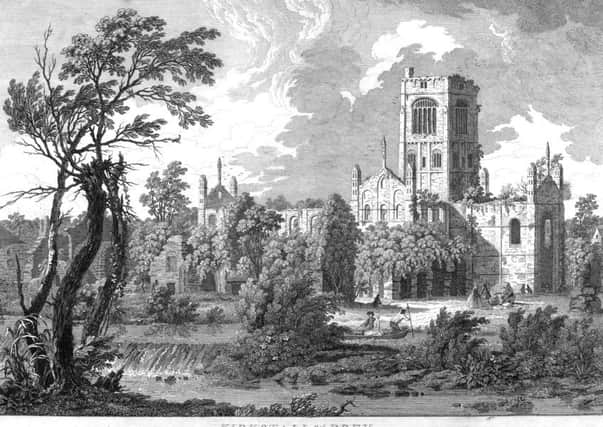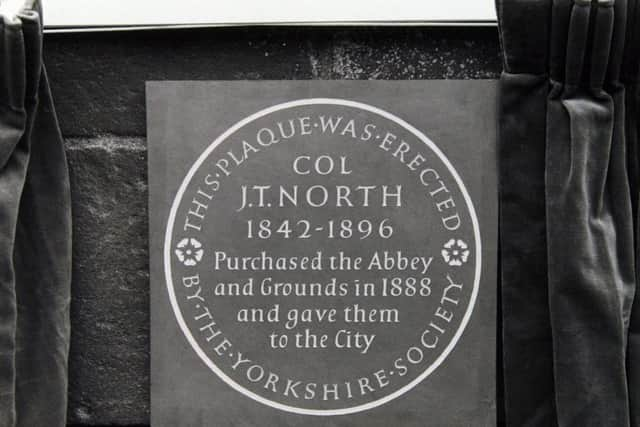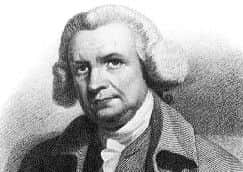Leeds nostalgia: Who is your favourite Leeds-born pioneer?


To give you an idea of what we’re looking for and to set the ball rolling, we’ve compiled a list of six candidates. We will print six more (female) candidates next week and run other pages throughout the year, based on your suggestions and then in December we will ask you to decide who you think is your most cherished Loiner and why.
Charles Frederick Thackray
A medical pioneer whose company, founded in Leeds in 1906, went on to pioneer hip replacement parts. He is not to be confused with surgeon Charles Turner Thackray (1795-1833). Charles Frederick (1877-1934) started out supplying sterlized and high calibre instruments to Leeds General Infirmary. He died suddenly aged 57 while walking in Roundhay Park. His grandson went on to found the Thackray Medical Museum.


Col John Thomas North
Advertisement
Hide AdAdvertisement
Hide AdThe man with the foresight to safeguard one of the city’s most precious heirlooms - Kirkstall Abbey. Col John Thomas North (1842-1896), otherwise known as ‘The Nitrate King’, because he made his fortune selling nitrates after cornering the market in the 1870s. He originally went to Chile as a bolt riveter but spotted an opportunity to buy up land, which eventually gave him a monopoly. The son of a coalmerchant and church warden famously bought Kirkstall Abbey in 1888 for £10,000 - the cheque is preserved by the Thoresby Society. North bequeathed the land to the city upon his death.
Ralph Thorseby
The first and arguably most important Leeds historian (1658-1725), the man who avidly collected ephemera and whose work is today a cherished record of one of the most important periods in the city’s development.


Richard Oastler
The youngest of ten children, he grew up in Leeds and as an adult became a vociferous campaigner for the so-called ‘ten hour day’, which gradually led to better working conditions for children across the country. He lived from 1789-1861. Although he died in Harrogate, he is buried in St Stephen’s Church, Kirkstall.
Herbert Asquith
Born in Morley in 1852, he went on to become Liberal Prime Minister from 1908-1916, a run which was only beaten in 1988. He died in 1928. His most notable contribution was the Parliament Act 1910, which gave the House of Commons the power to push legislation past the House of Lords in certain circumstances.


John Smeaton
Advertisement
Hide AdAdvertisement
Hide AdBorn in Austhorpe, Leeds in 1724, he is regarded as ‘the father of modern civil engineering’, designing canals, harbours and lighthouses. As a boy he made detailed models of fire engines. As an adult, he built 44 wind and water mills and in 1756, invented the first modern concrete, which he used in the construction of the Eddystone Lighthouse, Cornwall. He also worked on improvements to the steam engine. He died in 1792.